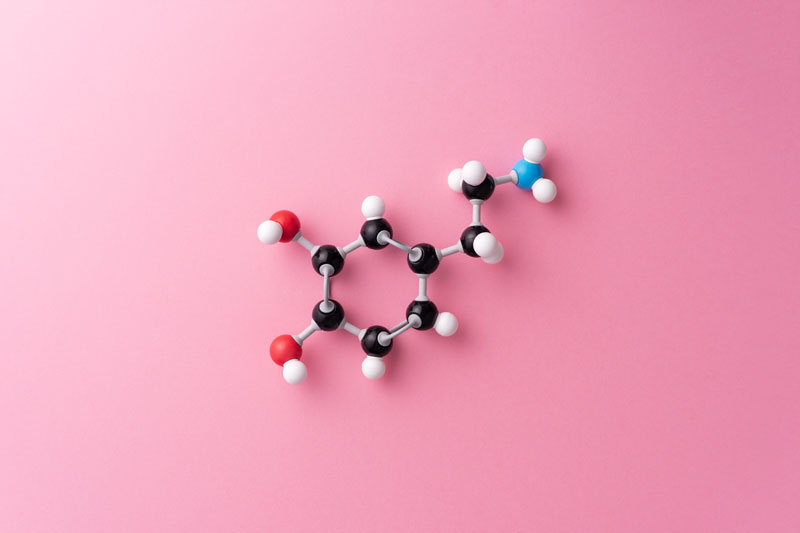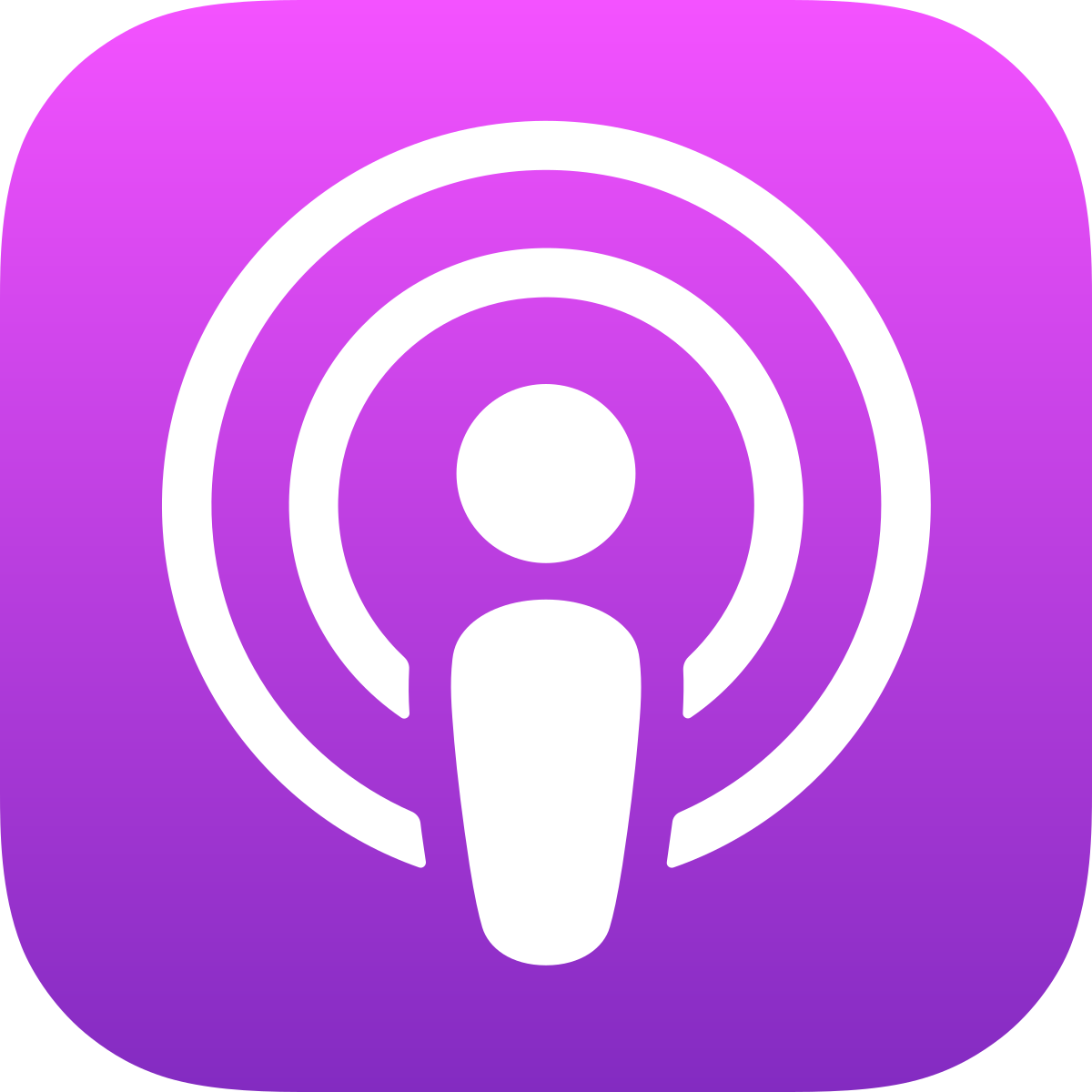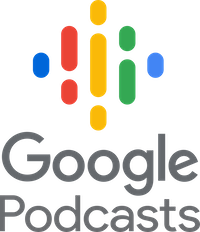It feels good to get what you want, doesn’t it? Yet, shortly after you get it you start thinking about what you want next. Why?
Blame dopamine, a brain chemical that makes us feel better when we go after what we want. Unfortunately, as soon as we get what we want, our dopamine levels drop, and to raise them and feel better again, we have to want and pursue something else.
Dopamine: the "Feel-Good" Hormone
Dopamine is a chemical messenger, or neurotransmitter, in the brain that plays an important role in reward, pleasure, motivation and addiction. It is often referred to as the “feel-good” hormone because it is released when we experience pleasure. Dopamine tells our brains that what we’re doing is a good thing and urges us to do that again.
What Gives Us Dopamine?
Many things–activities, situations, substances–cause our brains to release dopamine, for example:
- Exercise
- Listening to music
- Meditating
- Certain foods
- Massage
- Sex
- Sleep
- Sunlight
Dopamine's Role in Addiction
Addiction, a word derived from a Latin term for “enslaved by” or “bound to,” is a persistent, compulsive dependence on a habit or substance. Experts typically divide addiction into two categories: substance addictions (alcohol, cocaine, nicotine) and process addictions (gambling, spending, eating, shopping, sex).
The probability that a substance or behavior will lead to addiction depends on three factors: the speed, intensity and reliability of the dopamine release. For example, smoking a drug or injecting it intravenously, versus swallowing it as a pill, usually produces a faster, stronger dopamine signal and is more likely to lead to addiction. However, it takes more than dopamine-driven pleasure to prompt addiction. Another neurotransmitter, glutamate, and compulsive behaviors are involved.
We Need Dopamine
Dopamine isn’t good or bad, but it’s necessary. Dopamine is involved in movement, memory, attention, cognition, learning, sleep and mood, among other things. Without it, our bodies and brains wouldn’t work, and we would die.
Use Dopamine to Your Advantage
Try temptation bundling: the pairing of a pleasurable indulgence with a behavior that provides delayed rewards. For example, if you need to lose weight or get in shape (delayed reward) but don’t like exercising, you could bundle working out with listening to your favorite music or audiobook (pleasure).
In the end, dopamine can be good, bad or great. It’s about using it, not abusing it.



